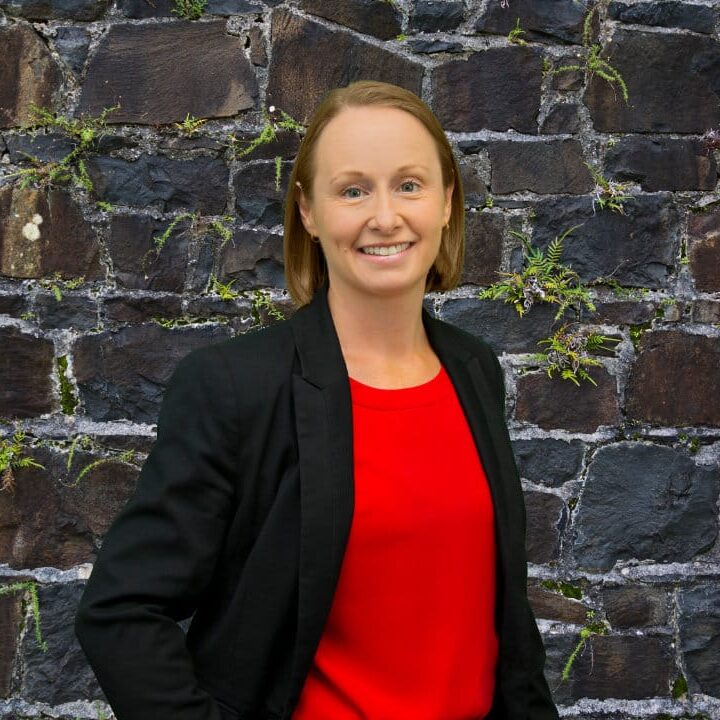Contents
In the hierarchy of planning law the Environmental Planning and Assessment Act 1979 (EPA Act) and associated Regulation sits at the top. The Act establishes the system of planning and environmental assessment for the state of NSW. It establishes the legislative framework for the bulk of the planning system.
The EPA Act is followed closely by State Environmental Planning Policies which establish planning controls for specific areas or types of development (for example, the Rural Lands SEPP, Kosciusko National Park SEPP and so forth).
The EPA Act and SEPPs are prepared by the State Government, whereas both local environmental plans (LEPs) and development control plans (DCPs) are prepared by Councils for the purpose of regulating development and land use within a particular local government area.
The difference is that LEPs are legally binding documents and DCPs are not. Even though LEPs are prepared by councils, they have the benefit of review by parliamentary counsel and are interpreted relatively strictly.
All LEPs which are presently in force, are published on the NSW Legislation website. Click here to view your LEP.
DCPs, on the other hand, have had their status reviewed and clarified in the EPA Act. Section 3.42 of the Act provides that the purpose of DCPs are to provide guidance on:
a) giving effect to the aims of any environmental planning instrument that applies to the development,
b) facilitating development that is permissible under any such instrument, and
c) achieving the objectives of land zones under any such instrument.
What this means is that a DCP does not have significant weight at all. Certain provisions within a DCP might be a necessary consideration in the assessment of a development application, but those terms must be interpreted with flexibility.
DCP’s are not published on the NSW Legislation website, because they are not laws. However, Councils will usually have links to electronic versions of their DCPs on their individual websites.
If you have a question regarding the provisions of an LEP or a DCP, please contact us and we can help you.
|
Section 3.42 |



